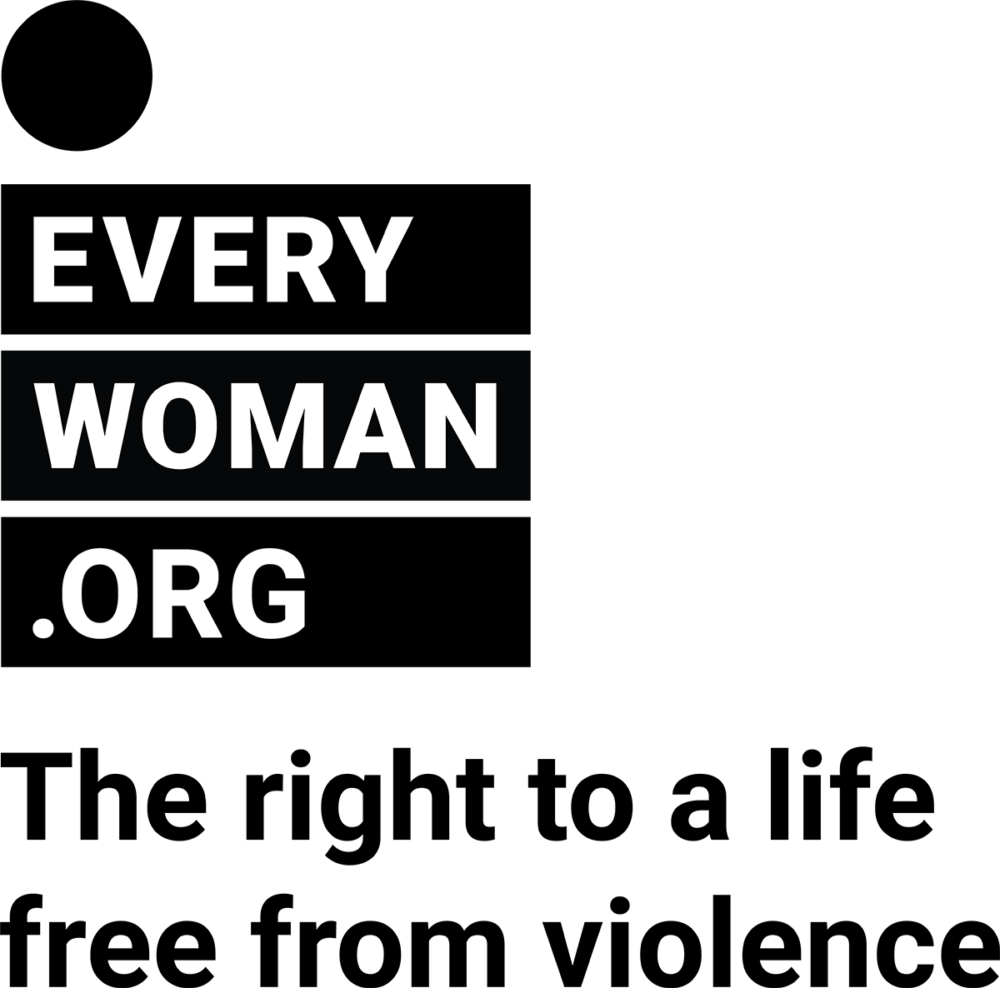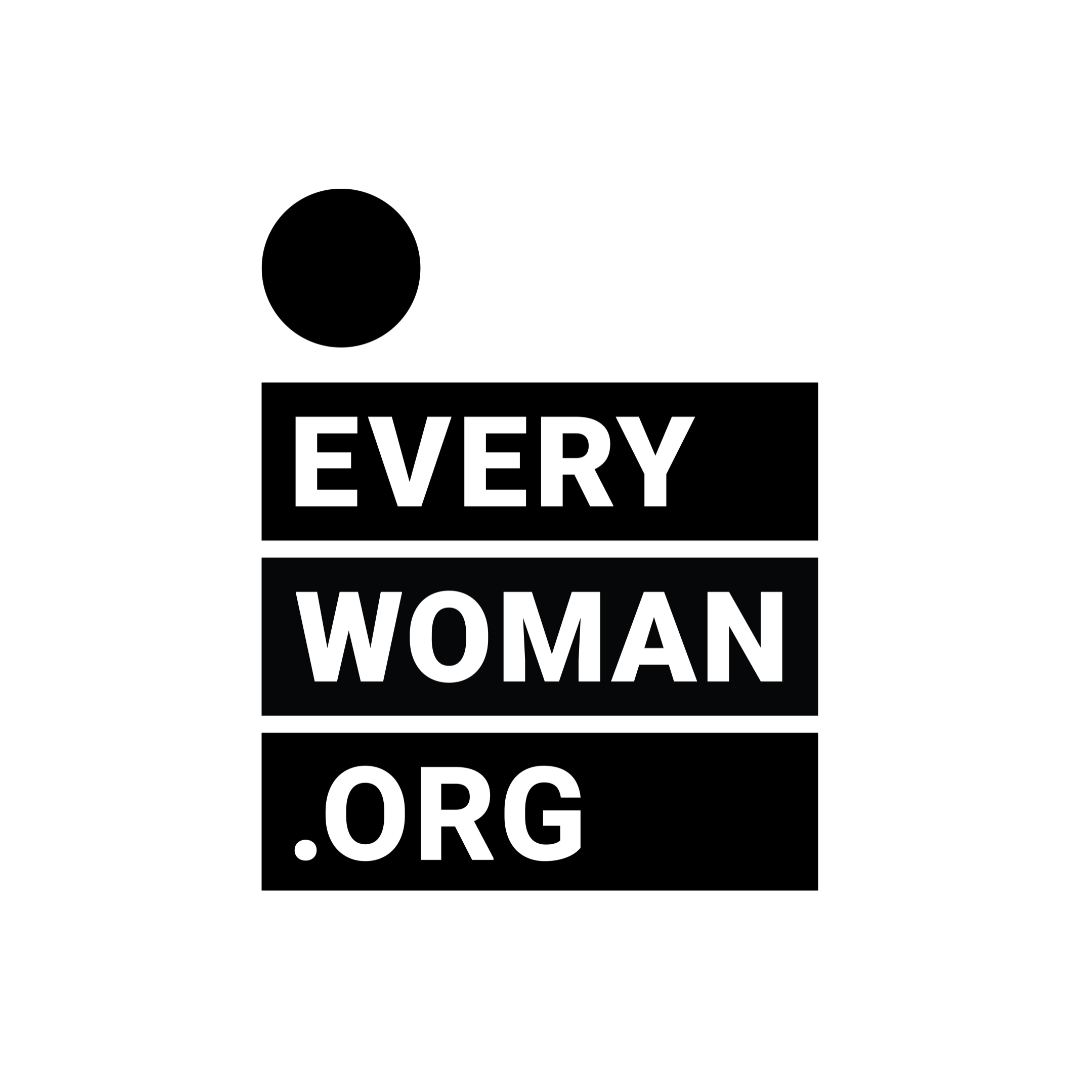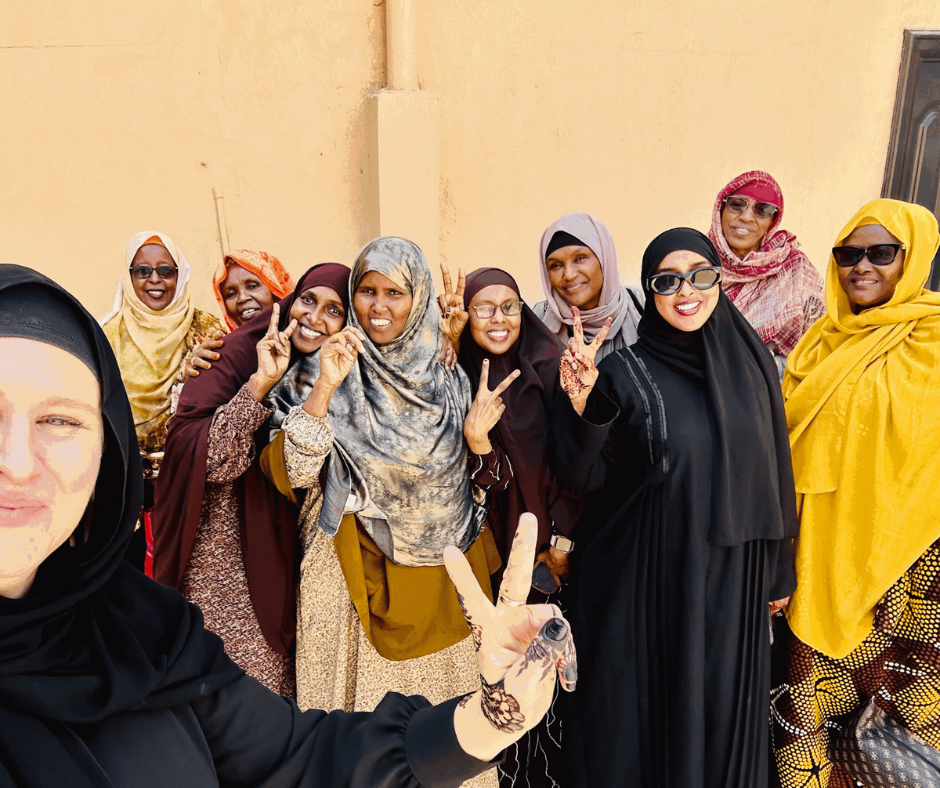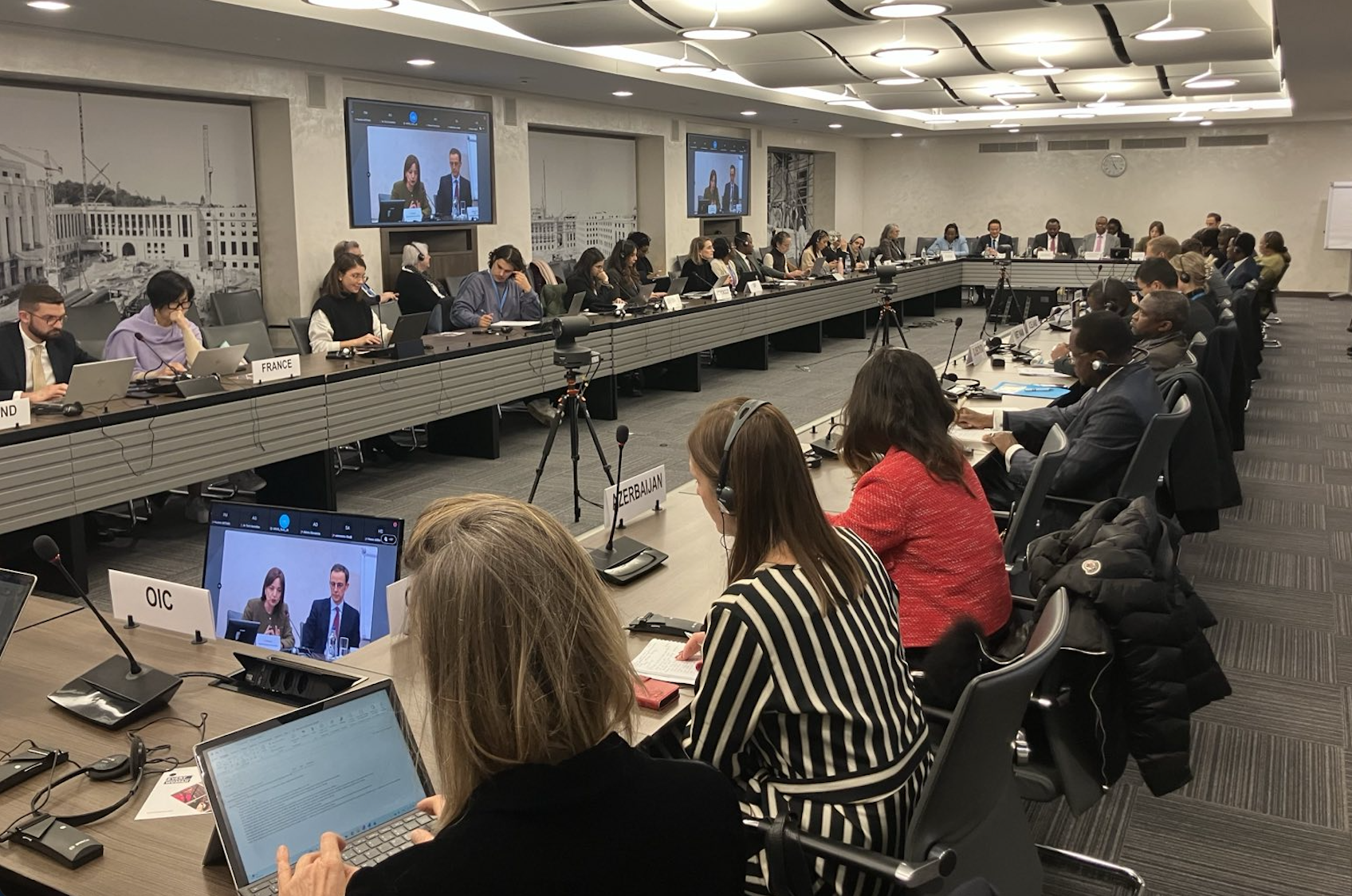#16 Days Essay Series
Every year, women’s rights activists across the globe participate in 16 Days of Activism against Gender-Based Violence from November 25, the International Day for the Elimination of Violence Against Women and Girls, to December 10, Human Rights Day. This year, members of Every Woman’s Emerging Leaders Council (activists under 35) are publishing six essays from six continents on how a new Optional Protocol to CEDAW can increase global accountability — part of this year’s theme — on ending violence against women and girls.
Three months have passed since a young doctor’s rape and killing within the premises of R.G. Kar Medical College in Kolkata, India. Business in the state and the country go on as usual. Occasional placards, posters, and marches demanding “Justice for R.G. Kar” may catch one’s attention to the “supposed” outrage over the heinous crime committed against the medical professional within the “safety” of a hospital. Yet, as the world reacts in shock, gender-based violence and sexual crimes persist across the country.
A rape is reported every sixteen minutes in India, though experts estimate that this data is far higher, as many survivors remain silent due to fear, shame, or distrust of the system. In late 2012, when the country woke to the news of the gang rape of a young woman known as the Nirbhaya case, about 25,000 cases of sexual violence had been recorded. In 2022, a decade later, the National Crime Records Bureau recorded 31,000 cases — a rise in violence 10 years after the outcry.
State-sanctioned impunity and selective outrage evince the despairing status of women’s safety in India. Delay in filing an official police complaint (First Information Report) and allegations of evidence tampering in the RG Kar episode have further marred the image of the authorities who are viewed as distrustful and corrupt. The police were slow to act, and the hospital authorities were quick to begin renovations at the crime scene — the wheels of corruption and a potential cover-up turn much faster than the wheels of justice.
The Indian Supreme Court took suo motu cognizance of the RG Kar case, appalled by the glaring lapses in the investigation. Chief Justice D.Y. Chandrachud and Justice J.B. Pardiwala sharply criticized the police’s delay in registering the case, highlighting the broader institutional failures in addressing sexual violence.
However, within the Court’s efforts to champion gender justice, their interventions have often felt lukewarm, with nothing concrete in terms of immediate accountability. A series of striking examples can be seen from the Bilkis Bano to the Hathras case. Further in early 2023, Indian Olympians and top wrestlers led nationwide protests against the then Wrestling Federation of India Chief, Brij Bhushan Sharan Singh, on accounts of sexual harassment and child abuse. The police refused to act for months, only registering a complaint after the Supreme Court intervened. The lack of immediate, concrete action allowed delays and political protection for Singh, leading to the eventual dropping of the child abuse charges.
These instances illustrate the entrenched impunity that pervades India’s justice system, particularly for those in positions of power. This institutional, state-sanctioned impunity not only undermines the rule of law but also reinforces a culture where violence against women is tolerated and normalized. On the intersections of caste and class in India, the scenario only worsens, sending a chilling message to society — that perpetrators can act without fear of retribution. Put another way: Widespread institutional impunity has led to a culture of social impunity where collective public outrage is only given to incidents of brutal violence or torture; “everyday” rape is normalized or diminished. This is a very dangerous place to be in.
We can change this
Real change requires both legal and cultural reform, a structural shift. Change can begin with greater implementation of the Protection of Women from Domestic Violence Act (2005), the Sexual Harassment of Women at Workplace Act (2013), the Prevention of Children from Sexual Offence Act (2012) and the Criminal Law Amendment Act (2013). But India must also challenge the deep-rooted misogyny, entrenched power imbalances, and neglect that enable gender-based violence to thrive.
A new Optional Protocol to the Convention on the Elimination of All Forms of Discrimination Against Women (CEDAW) dedicated to ending violence against women and girls can be a strong beginning point. Like CEDAW itself, which India ratified in 1993, a new OP-CEDAW can push the country to update and improve laws, launch violence prevention campaigns and education, and better train judges, lawyers, and other stakeholders in implementing and enforcing the law with established timeframes, as well as ensuring comprehensive services for survivors.
Such a law would increase international scrutiny and pressure, leading to more accountability and action. This will be particularly true if a new OP-CEDAW includes a metrics-based monitoring mechanism. A metrics-based approach would set clear benchmarks for implementation (a state has updated a law or it hasn’t), having a better chance to lead to the systemic, institutional change India — and the world — needs.
Moreover, if India ratifies the new OP-CEDAW when created, it would mean the country is bound by international law to address all forms of discrimination against women (via the convention) and all forms of violence against women (via the Optional Protocol) — a comprehensive package that is essential for gender equality and lowering rates of violence against women and girls. But even if India doesn’t join, global pressure on all nations to improve their laws, institutions, and systems for addressing violence against women and girls can push our country in the right direction.
It has been more than a decade since the world joined India in condemning the Nirbhaya case. We can no longer wait for action — it’s time to address the crisis in its entirety. By holding the state accountable through a new OP-CEDAW, we can initiate a change in the overarching pattern of neglect on violence against women and young people, and move the country toward real change in ensuring women’s safety and dignity.
 SWATI SHIKHA (India) is a writer and gender rights activist. They have over a decade of experience working with local communities, grassroots organisations, funding agencies, and media houses. They were felicitated by the National Commission for Women at the age of 22. They are the founder of an initiative on combating rape culture, which expanded into a movement, and of Pad Bank, an effort to create menstrual awareness in rural India. Swati has worked for the Times of India and Outlook India Magazine. They have a master’s in Gender and Development Studies.
SWATI SHIKHA (India) is a writer and gender rights activist. They have over a decade of experience working with local communities, grassroots organisations, funding agencies, and media houses. They were felicitated by the National Commission for Women at the age of 22. They are the founder of an initiative on combating rape culture, which expanded into a movement, and of Pad Bank, an effort to create menstrual awareness in rural India. Swati has worked for the Times of India and Outlook India Magazine. They have a master’s in Gender and Development Studies.
Join the call for a new OP-CEDAW to end violence against women and girls! everywoman.org/#join
SOURCES
The Economic Times, ”NCRB’s report reveals a rape happens every 16 minutes in India; UP tops list of crimes against women,” 2 October 2020, https://economictimes.indiatimes.com/news/politics-and-nation/ncrbs-report-reveals-a-rape-happens-every-16-minutes-in-india-up-tops-list-of-crimes-against-women/videoshow/78440875.cms?from=mdr
Voice of America, “Indian state set to toughen rape laws after brutal assault,” Sept 2024, https://www.voanews.com/a/indian-state-set-to-toughen-rape-laws-after-brutal-assault/7771286.html
Shreya Basak and Swati Shikha, “Wrestlers Await Justice As Interim Bail Granted To WFI Chief Bhushan And Secretary Tomar,” Outlook, July 18, 2023, https://www.outlookindia.com/national/wrestlers-await-justice-as-interim-bail-granted-to-wfi-chief-bhushan-and-secretary-tomar-news-303827




